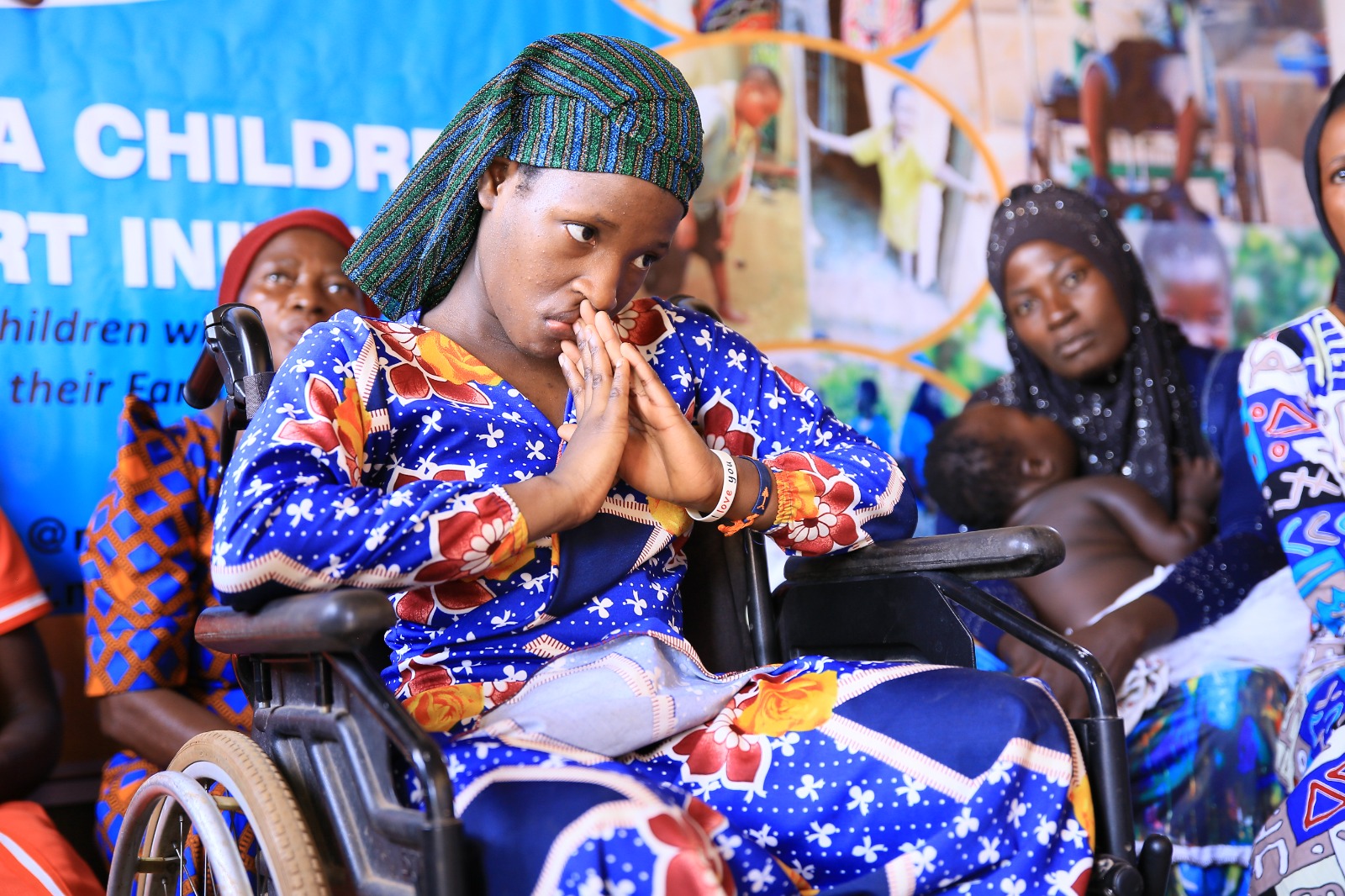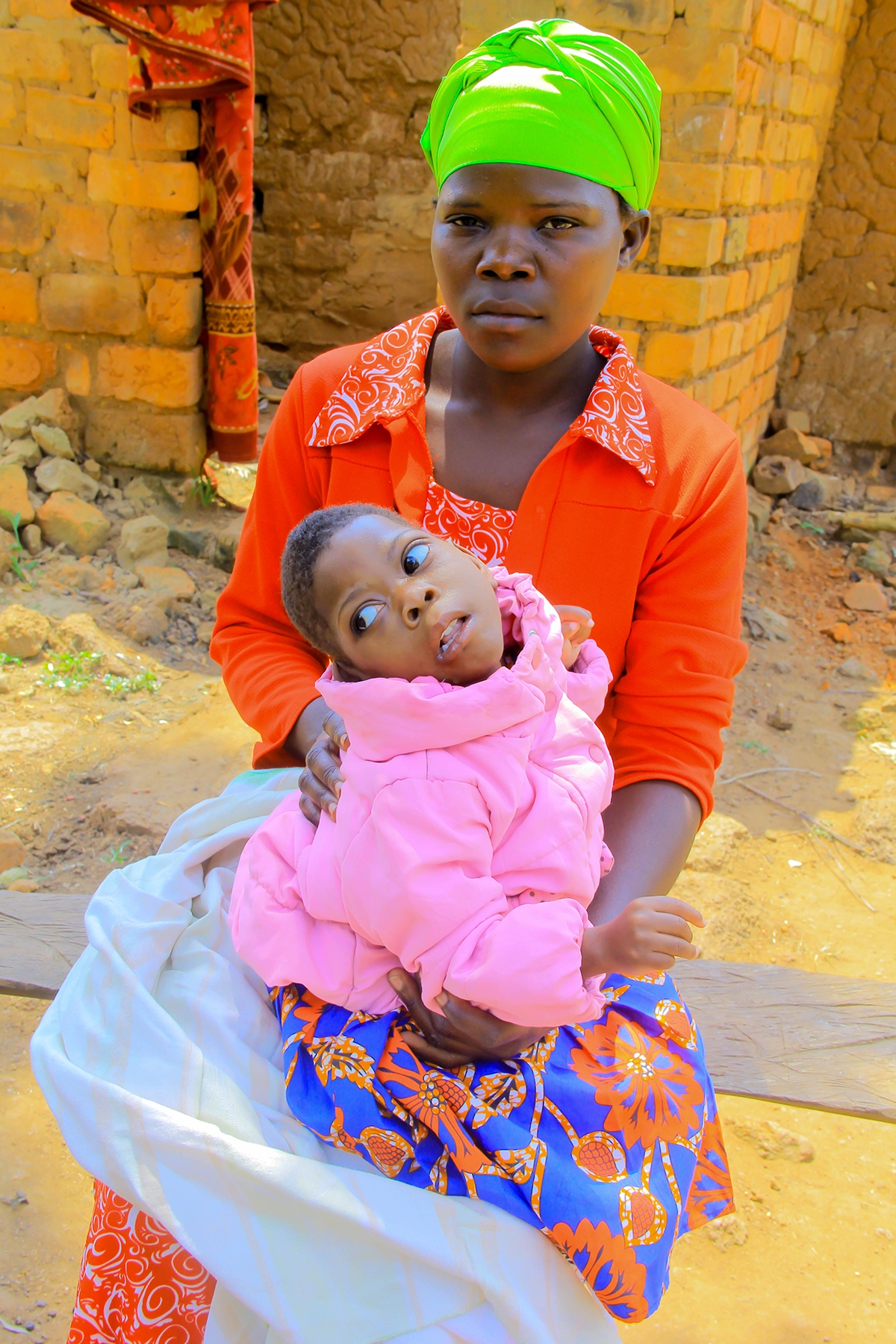
Autism is a complex and multifaceted neurodevelopmental disorder that has fascinated and puzzled researchers, educators, and families for decades. This blog aims to shed light on autism, exploring its diverse spectrum, uncovering the latest insights, and emphasizing the importance of fostering understanding, acceptance, and inclusivity for individuals on the autism spectrum.
The Autism Spectrum:
The term "autism spectrum" is a crucial starting point in our exploration. Autism doesn't manifest in a uniform way; rather, it encompasses a broad spectrum of characteristics, challenges, and abilities. Each individual with autism is unique, possessing their own strengths and areas of difficulty. Understanding this spectrum is essential in appreciating the rich diversity within the autism community.
The Prevalence of Autism:
Autism's prevalence has been steadily increasing in recent years. According to the Centers for Disease Control and Prevention (CDC), approximately 1 in 54 children in the United States is diagnosed with autism. While this increase might be partially due to improved awareness and diagnosis, it highlights the need for society to better understand and support individuals on the spectrum.
Autism Myths vs. Facts:
To deepen our understanding, let's dispel some common myths about autism:
Myth: All individuals with autism have extraordinary talents. Fact: While some individuals with autism possess exceptional abilities in areas like math, music, or art, not everyone has such talents. The spectrum is wide, and strengths and challenges vary.
Myth: Autism can be "cured." Fact: Autism is a lifelong neurodevelopmental condition. However, early intervention and appropriate support can significantly improve an individual's quality of life.
Embracing Neurodiversity:
Instead of focusing on "fixing" autism, society should celebrate neurodiversity—the idea that neurological differences, including autism, are natural and valuable variations of the human experience. Promoting inclusivity and providing opportunities for individuals with autism to thrive is crucial.
The Importance of Early Intervention:
Early diagnosis and intervention are key in improving outcomes for individuals with autism. The earlier support is provided, the better an individual's chances of developing essential skills and achieving their full potential.
Autism-Friendly Environments:
Creating autism-friendly environments in schools, workplaces, and communities is essential. Sensory-friendly spaces, clear communication, and empathy can go a long way in ensuring that individuals on the spectrum feel comfortable and included.
Conclusion:
"Understanding Autism: Unveiling the Diverse Spectrum" has offered a glimpse into the world of autism, emphasizing the need for acceptance and inclusivity. As we continue to learn more about autism, it is our collective responsibility to support individuals on the spectrum and appreciate the unique perspectives and strengths they bring to our diverse society. By doing so, we can create a world that truly embraces neurodiversity and empowers every individual to thrive.

Childhood vaccination is one of the most significant medical achievements in human history.
October 2, 2023, 12:16 am

You can teach children with disability new skills by telling, showing, or teaching step by step
March 10, 2023, 10:32 pm

Parenting is a rewarding and challenging journey, and when you have a special needs child
October 2, 2023, 12:23 am

There may not be anyone else with the same constellation of symptoms as your child but there are people with similar challenges
March 10, 2023, 10:49 pm

Autism is a complex and multifaceted neurodevelopmental disorder
October 1, 2023, 11:48 pm
If you are a parent who has children with special needs, fret not because these tips will help you cope with it effectively.
March 10, 2023, 1:06 am
You can later unsubscribe later if you change your mind.